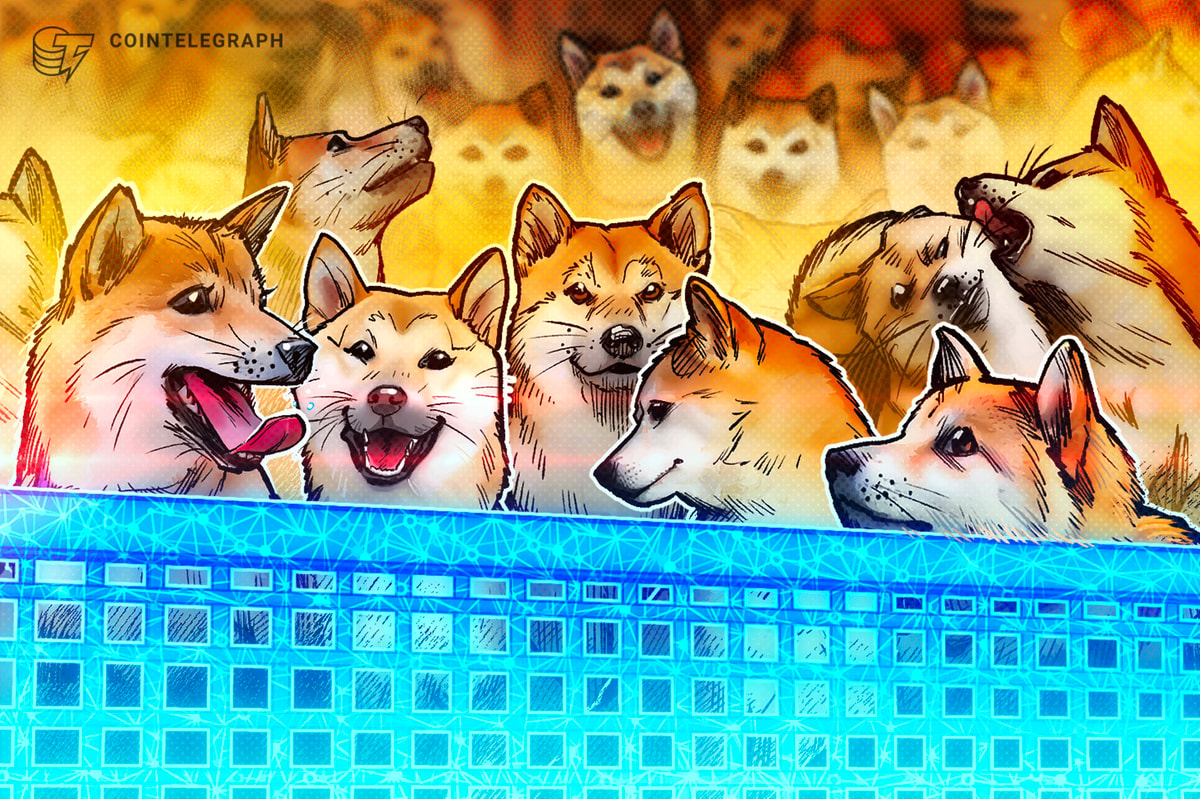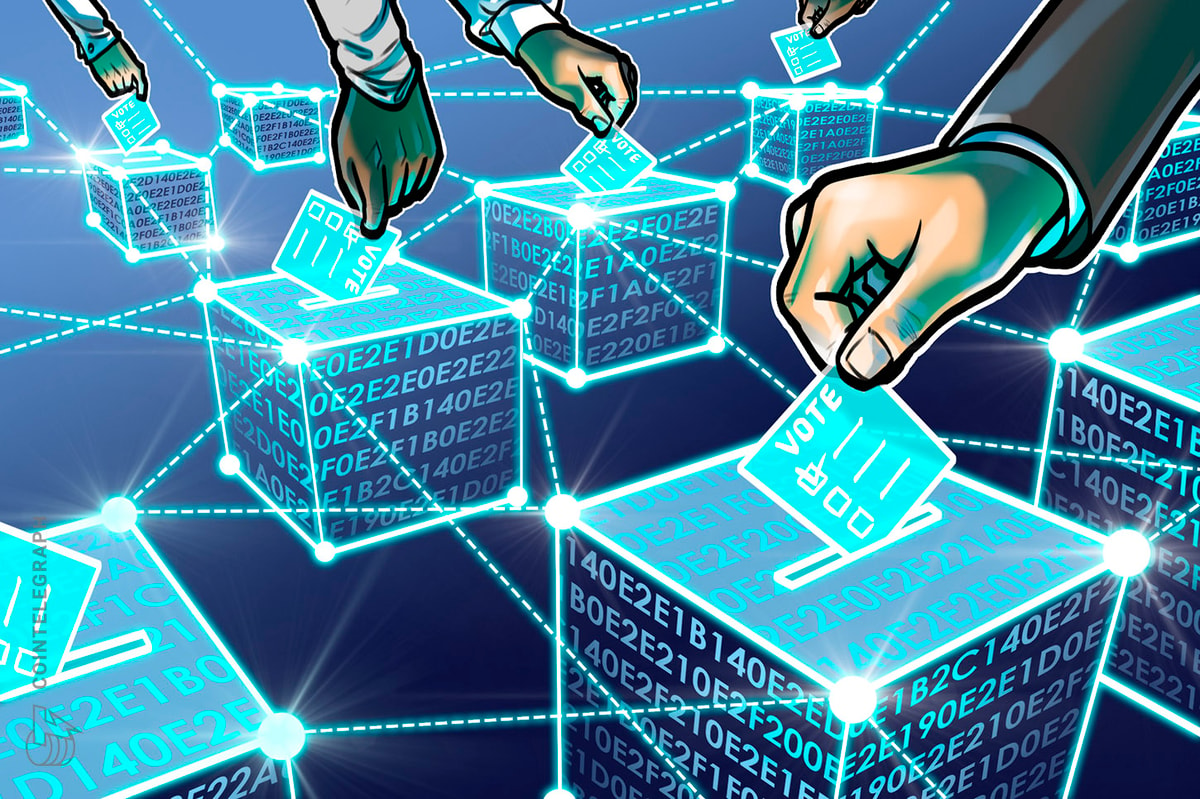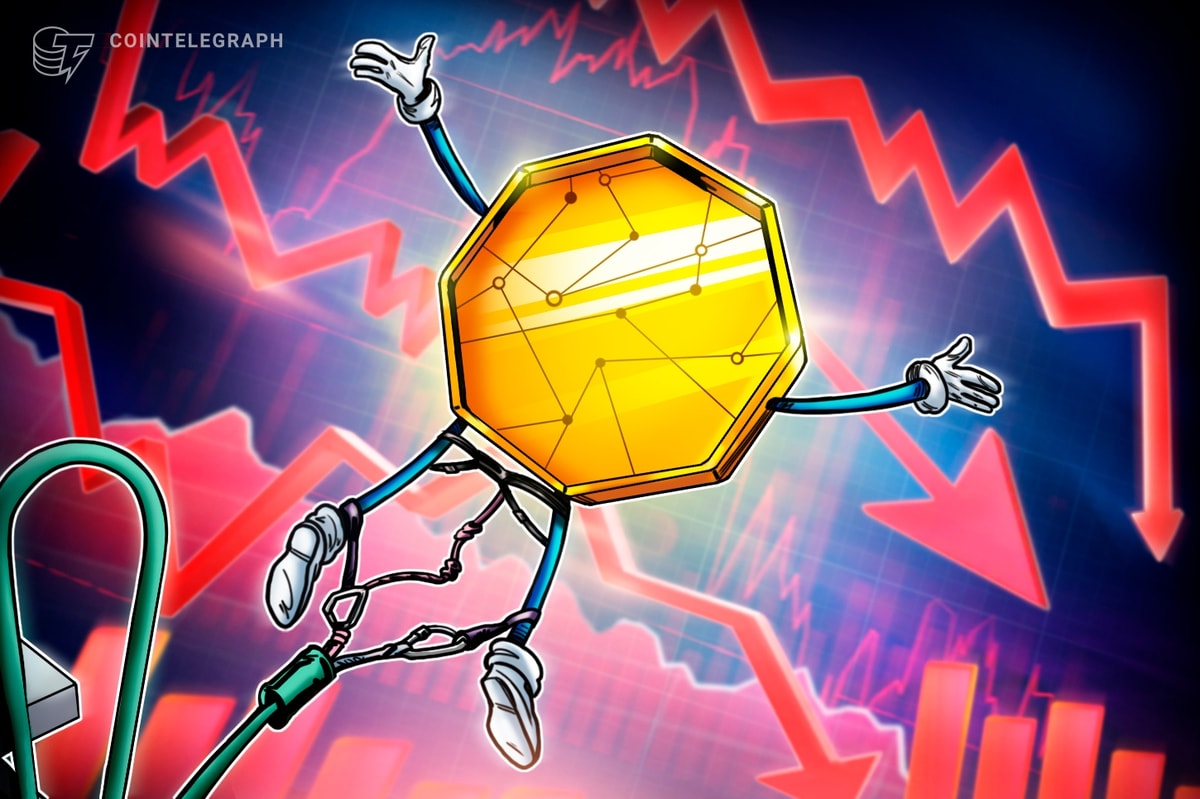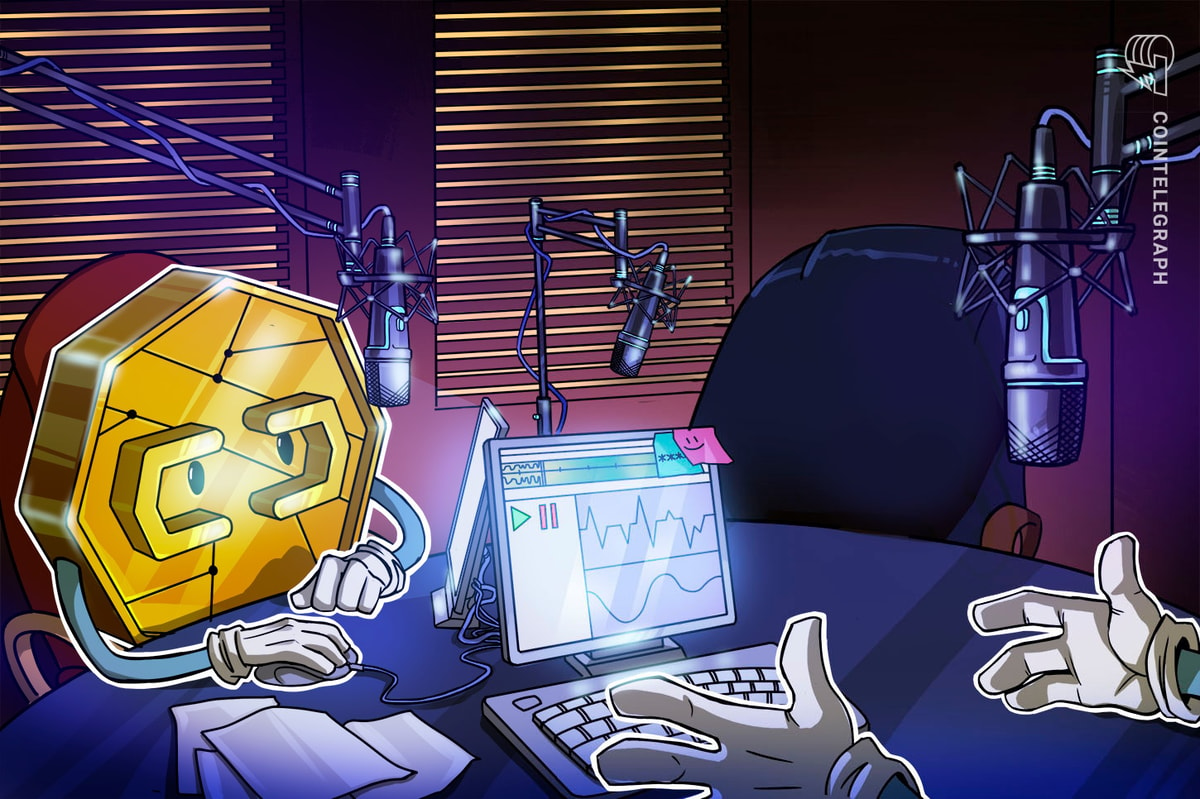Following decentralized finance (DeFi), nonfungible tokens (NFTs) and the Metaverse, decentralized autonomous organizations (DAOs), are the most recent trend in crypto. This community-owned type of business model legitimizes the ideals of Web3 and has the potential to revolutionize the governance of corporations and smaller businesses by improving the way we organize.
Numerous words have been spent on the nature of DAOs, their controversy and the 2016 hack. In essence, they are self-managed institutions that retain no central authority and are fully autonomous and transparent.
DAOs are blockchain-based entities founded on rules established by a supportive community that shares incentives and common interests. Such rules are encoded in computer programs known as smart contracts that manage proposals and business decisions like inventory control, cash management, pricing, hiring and everything that makes an organization functional and “smart.”
Sharing economies are an early example of DAOs or community-driven entities. However, while the sharing economy business models are distributed and peer-to-peer, they still need a central authority to mediate and coordinate operations; and the authority ends up draining most of the profits.
Ultimately, sharing economies turn into unfair businesses when the main actors — service providers — are the pillars of the economy and, at the same time, those who enjoy fewer profits from the DAO than other actors.
DAOs are supposed to disrupt the governance model of traditional businesses; however, they come with their challenges. This article goes through DAOs as community-focused institutions, their benefits and drawbacks to determine if their proposition as a new business model can be widely applied and if so, how it can be supported.
DAOs encourage a focus on community
The focus of a DAO shifts from a hierarchical and vertical structure to a community-led organization that doesn’t recognize the role of managers while being in favor of encoding rules that allow the organization to perform independently from its members.
This type of management is called “decentralized governance” and contrasts with a centralized entity where shareholders and executives often hold too much power and control.
Due to this distinctive type of system, DAOs promise to encourage a focus on a community in which individuals grow collectively rather than focusing on profit and allowing just a few shareholders to divvy up the earnings.
What are the benefits of a DAO for communities?
Automation
Community-focused DAOs enjoy a considerable amount of automation, which relieves humans from stressful and grievous tasks related mainly to burdensome bureaucracy while incentivizing quick decision-making processes.
Such a framework means that DAOs can be supported by a community of humans operating remotely from anywhere worldwide without the necessity of a physical location. In the increasingly digitized era based on blockchain technology, this is a clear advantage and the validation of a new working culture.
Such geographical decentralization also means the DAO is not bound to any specific country or jurisdiction, thus gaining extra autonomy in processes, regulations and control, other than more ease in carrying out global operations.
More achievable goals
The automation of operational tasks facilitates community coordination, which is especially challenging in large centralized corporations where managing large groups might prove to be a complex mission. Unless leaders, managers or executives coordinate them, these large groups of workers (or donors, which could also be the case in DAOs) might find it demanding and expensive to properly team up to achieve a common goal.
The DAOs’ automation, or programmable coordination, can enable a considerable reduction in operational and functional expenses and, at the same time, stimulate motivation and productivity among members, along with a feeling of ownership and pride.
Native tokens
Crypto and DAOs are intrinsically interrelated because the most promising DAOs use blockchain technology to automate tasks and native crypto tokens to function. One of the essential components of DAOs is the issuance of a project’s native tokens, which allows communities to benefit from rights such as voting, proposing and earning revenue.
Community crowdfunding can be set up by using native tokens relatively quickly, instead of waiting for venture capital’s (VC) money, which might be more challenging to obtain in a short time.
DAOs can encourage community causes
DAOs are regarded as the future of businesses but are also in a position to represent non-profit benevolent organizations, such as the case of charities. These are typically formed of large groups or communities that share the same principles and objectives, and can be sustained and run by the automated efficiency, decentralization and transparency distinctive of DAOs.
Transparent crowdfunding can also help support good causes quickly, making processes and objectives clear and efficient.
DAOs as community governance tools
DAO platforms allow businesses and organizations to enjoy a proficuous and collective experience without central management. Participants work and support the business while also enjoying the profits directly.
DAO governance can work in different ways; however, the most common tool is the issuance of governance tokens.
Through the use of governance tokens, a DAO community can vote and manage the following essential scopes within the organization:

The employment of quantitative tools can help community governance in risk assessment and management, for example. Various methodologies that work around system metrics enable the review of value, liquidation and collateral risks.
Participants have access to open-source templates as a solution for their business needs, such as record-keeping. Aragon is one decentralized organization that offers DAO templates to create an organization from scratch and develop it according to some provided parameters.
Aligning a template to one’s business needs might require a change in a smart contract code, which is relatively easy to implement and allows the company to keep its autonomy without involving third parties.
Are DAOs safe?
Relying on smart contracts to address all management processes might present some weaknesses. Automation is excellent until an issue that only humans can resolve occurs.
External circumstances may hinder processes, such as a loss of community funds through hacks or asset misplacement. In that case, the safety of DAOs is at risk; therefore, human monitoring is an essential step that requires consistent attention.
Fund security is also a significant challenge. The growth of a DAO depends on increased participation and a large community; however, network safety might prevent the same growth if individuals are worried their funds could disappear.
Cryptocurrency enthusiasts will remember the infamous DAO incident of 2016, which paved the way for uncertainty around these models’ efficiency and security.
Even though enhanced security has been achieved over the years, another issue soon emerged. Community participation is the primary foundation of DAOs, and founders must find and provide incentivization models to encourage greater participation in the voting system to make the organization work around the defined governance. Otherwise, all processes may slow down or come to a halt.
DAOs that realized this could be a significant issue built their governance models around incentivization. Compound (COMP) is one of the first DAOs that launched community governance for its protocol. It offered the community the chance to manage the organization’s reserve assets generated through fees paid by borrowers. As a result, COMP soon emerged as the most significant DeFi token by market capitalization in the crypto space.
DAO startups
One of the controversial aspects of DAOs appears when a new venture is initiated. Especially when it comes to who’s providing the funding, DAO startups face significant challenges. They are more exposed than longer-standing businesses as the initial phase of funding is the most crucial in an organization. If startup funding is provided by VCs, decentralization is threatened and so is autonomy.
Even if limited, there are examples of DAO startups that stood up to VCs' control. One of these was ConstitutionDao (PEOPLE), which represented a community of individuals aligned to the same interests and objectives who came together to oppose the control of larger institutions. The DAO’s governance protocol allowed every member to participate and vote on key decisions with equal power.
Unfortunately, the project died after raising $47 million in cryptocurrency and then failing to win an auction for a rare copy of the US Constitution, which was the original purpose of the DAO. Despite its failure, its governance protocol could be taken as an example by future organizations that want to start a project based on a specific goal while preserving complete decentralization and autonomy.
Web3 projects usually claim to be decentralized, including many DAOs. However, they rely heavily on third-party cloud providers such as Amazon Web Services to function.
The Internet Computer project (Dfinity) is an example of a non-profit, community-led governance protocol and the only blockchain capable of facilitating interactive web content directly to end-users without intermediaries or employing third-party cloud servers.
The road ahead for DAOs
Like cryptocurrencies, DAOs are relatively new and face inevitable challenges. In their current state, they are merely projects that have enormous potential to improve the way we organize, but they might not be ready for widespread adoption.
For instance, early-stage entrepreneurs want more than money; they want experience on their team to help them thrive, and opponents are not convinced that the DAO model can provide both finance and expertise in growing businesses. However, new projects that are emerging and possibly failing can help address technological and systematic issues that every innovation requires.











